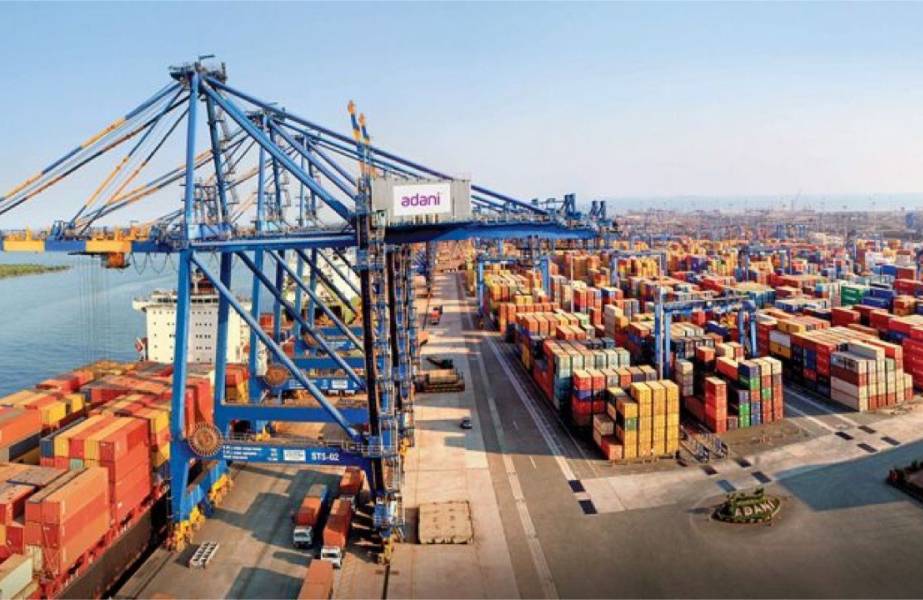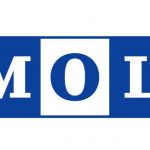Adani Ports and Special Economic Zone Ltd will discontinue lending money to non-group companies after having lent at least ₹12,687 crore last year, according to a Mint analysis. Instead, the Gautam Adani-controlled company will use surplus funds to cut its ₹44,000 crore debt pile.
Adani Ports’ management disclosed the information to analysts from Pimco, Deutsche Bank, and JP Morgan Asset Management in response to queries regarding the nature of the loans extended to non-related parties or those not owned by the group promoter.
“Let me categorically say there is no ICD (inter-corporate deposits), there are no loans, no advances given to any group company,” Karan Adani, chief executive of Adani Ports, said in a post-earnings call with analysts on 7 February.
Karan is the elder son of founder Gautam Adani, whose family owns 65.13% of Adani Ports. About 17.3% of the promoter’s stake is pledged with creditors as of 31 December.
“There is no write-off. The entire money has come back along with the full interest, and treasury money is completely intact,” D. Muthukumaran, chief financial officer of Adani Ports, said in the analyst call. “There was a cash build-up in the company, our operations threw up a lot of cash, and it was built for both acquisitions as well as capex….Today, there is no cash build-up, and actually, to demonstrate that point, we are now talking about paying down debt with the cash generated. So, you would not see the ICD going forward.”
At the end of December, Adani Ports had a little over ₹1,000 crore in loans made to other companies, according to an Adani Group executive familiar with the development. “Our focus for the upcoming year is to use the strong cash generated to deploy in capex for sustained growth and pay/prepay the loan,” said a spokesperson for Adani Ports.
ICDs are unsecured loans made by a company with surplus cash, as it offers them an avenue to earn higher interest by lending to companies that need working capital.
According to the Mint analysis of Adani Ports’ annual report, the company gave ₹12,687 crore in ICDs last year. But the annual report also mentions that the total value of ICDs is worth ₹40,655 crore crore. This higher number is on account of the company lending cash more than once during the year.
“As a part of our treasury management, we invest in bank fixed deposits and sometimes in inter-corporate deposits, but not with any related party. Accounting standards require gross investments to be disclosed, and hence you see repeat investments added to arrive at the investments to be stated,” said the spokesperson.
Adani Ports does not disclose how much interest it earned from this route of lending to corporates only, but its annual report reveals that it earned ₹2,122 crore in interest income from both the money parked in banks and through ICDs last year. Adani Ports lent money at interest rates that are at least 150 basis points more than what banks offer, according to an Adani group executive, requesting anonymity.
These short-term loans given by Adani Ports to unidentified companies were, in turn, backed by Adani Properties Pvt. Ltd, a privately held real estate developer, according to the company executive.
“There is nothing wrong in a company making inter-corporate deposits, but the question is, why is Adani Ports getting into the lending business and not cutting debt by using what it calls surplus cash? Why was Adani Properties guaranteeing these loans, and why has Adani Ports decided to discontinue this practice?” said a chartered accountant on the condition of anonymity.
Adani Ports’ practice of lending money has come under scrutiny after Hindenburg Research, a New York-based short seller, questioned if some non-related companies are being used to hide loans to other promoter entities.
Investors abhor the practice of a public company making loans to entities owned by the same promoter, and the Hindenburg report questioned if the transactions were being undertaken to “side-step related-party norms”.
Source: Hellenic Shipping News






